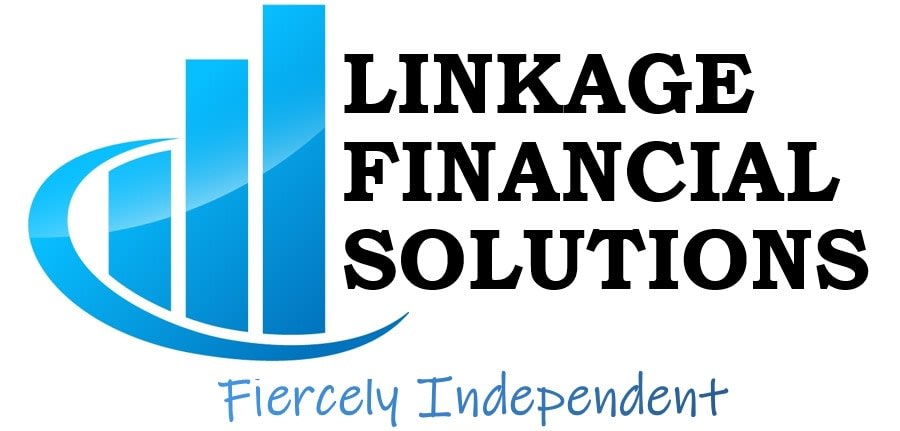We offer a wide range of services & products

Personal Injury & Safeguarding Vulnerable People
At Linkage Financial Solutions, we understand the importance of trusts for vulnerable beneficiaries.
A trust is a legal arrangement that allows assets to be managed and protected for the benefit of individuals who may not have the capacity to handle their own finances.
When it comes to vulnerable beneficiaries, such as those with disabilities or mental health issues, trusts can provide much-needed security and support.
By placing assets in a trust, we can ensure that these beneficiaries are taken care of throughout their lives.
One of the key advantages of trusts is that they allow for professional management of assets. We can help you to oversee the trust and make informed decisions regarding investments and distributions.
Furthermore, trusts can also protect vulnerable beneficiaries from financial exploitation. By designating a trustee to manage the assets, we can ensure that the funds are used for the intended purpose and not misused.
We also work with some of the best Solicitors and other professionals in the country to ensure vulnerable individuals are protected.
The Financial Service Authority (FCA) do not regulate tax planning and trusts. This highlights the importance to contact an expert like us.
Trusts for vulnerable people & tax
Some trusts for disabled people or children get special tax treatment. These are called ‘trusts for vulnerable beneficiaries’.
Who qualifies as a vulnerable beneficiary
A vulnerable beneficiary is either someone under 18 whose parent has died or a disabled person who is eligible for any of the following benefits (even if they do not receive them):
- Adult Disability Payment
- Armed Forces Independence Payment
- Attendance Allowance
- Child Disability Payment
- Constant Attendance Allowance
- Disability Living Allowance for adults or Disability Living Allowance for children (either the care component at the highest or middle rate, or the mobility component at the higher rate)
- Industrial Injuries Disablement Benefit
- Personal Independence Payment
A vulnerable beneficiary can also be someone who is unable to manage their own affairs because of a mental health condition - check with a medical professional that it’s covered by the Mental Health Act 1983.
Source- Trusts and taxes: Trusts for vulnerable people - GOV.UK (www.gov.uk)
Disabled person’s trust
You can put money and property into a trust for a disabled person. Trustees manage the trust. This could be:
- before you die
- after you die, through your will
This type of trust is good for managing:
- support with money
- risk of financial abuse
- means testing for benefits and support, including social care
This type of trust lasts for the lifetime of the disabled person. When they die, the money or property could pass to someone else that you choose.
For example, if you have 1 disabled child and 1 or more non-disabled children, the disabled person’s trust could pass down to the non-disabled children.
Source - Trusts and inheritance | Disability charity Scope UK
Get Independent Financial Advise and speak with an Independent Adviser
Contact us now for an informal and free appointment.

